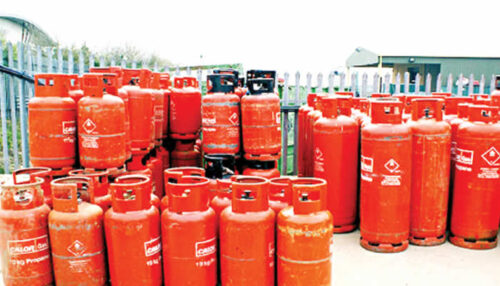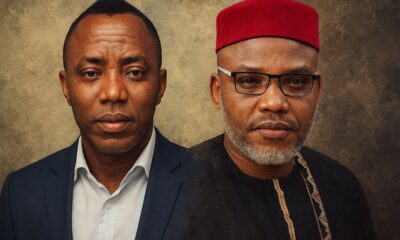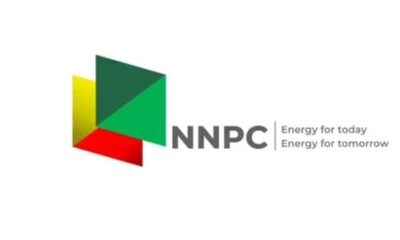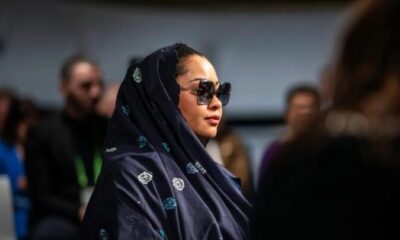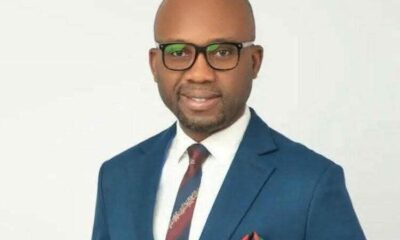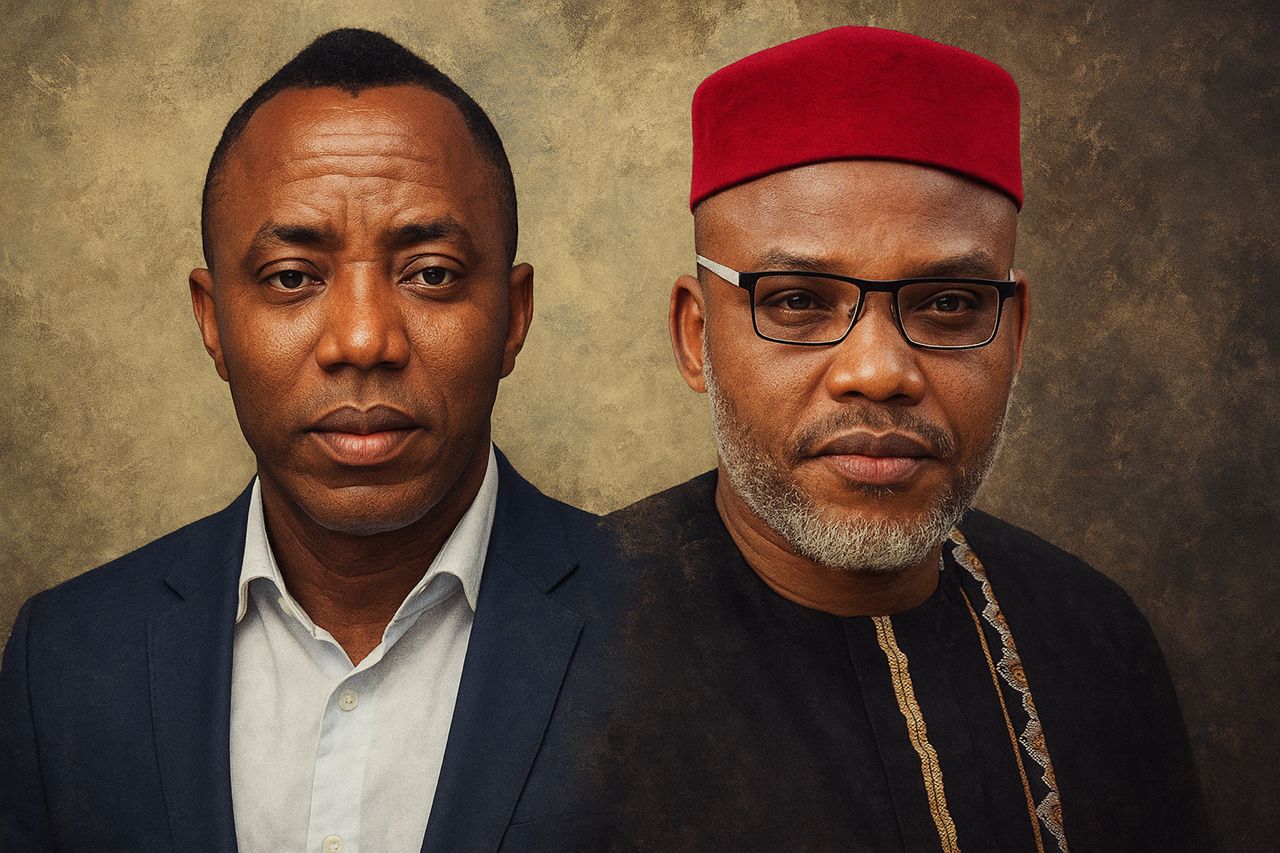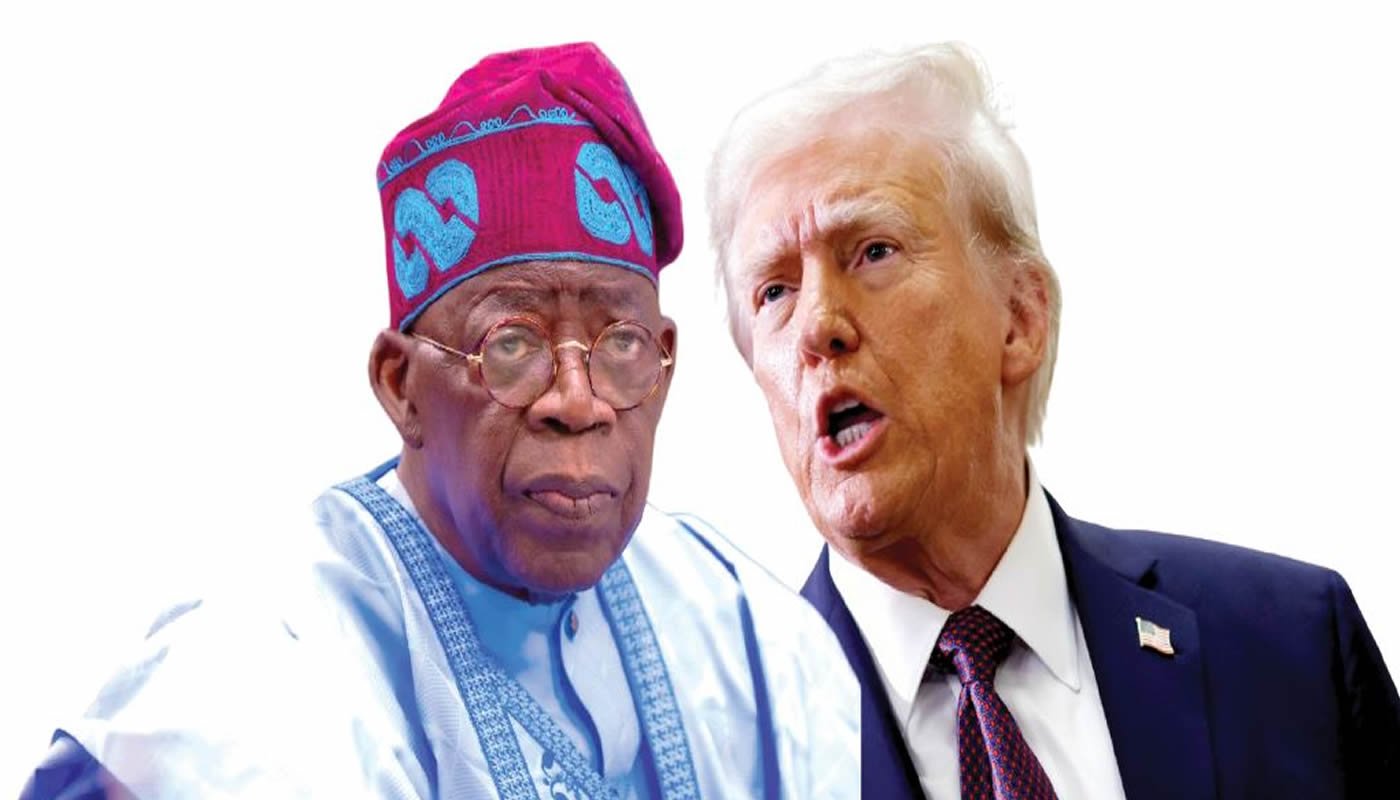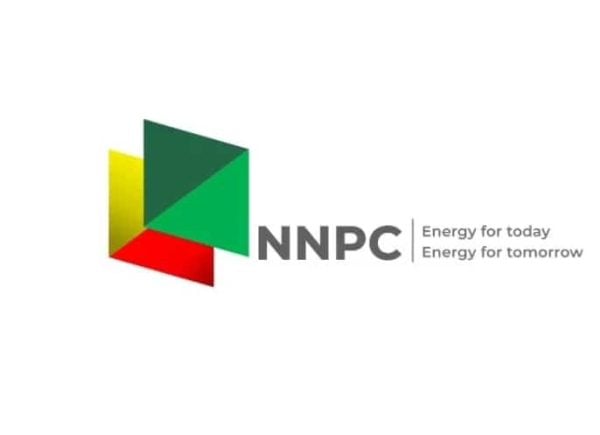The Nigerian National Petroleum Company Limited on Tuesday disclosed plans to raise its equity stake in the $20bn Dangote Petroleum Refinery to 20 per cent, as part of efforts to strengthen Nigeria’s domestic refining capacity and consolidate its position in the downstream oil sector.
The Group Chief Executive Officer of NNPC, Bayo Ojulari, made the disclosure while speaking at the Abu Dhabi International Petroleum Exhibition and Conference 2025. Ojulari said the move aligns with NNPCL’s long-term strategy to deepen local participation in the energy value chain and ensure energy security.
“The company is working towards increasing its stake in Nigeria’s Dangote refinery to 20 per cent,” Ojulari said as reported by Reuters.
His remarks come just weeks after the President of the Dangote Group, Aliko Dangote, revealed plans to list between five and 10 per cent of the refinery’s shares on the Nigerian Exchange within the next year, mirroring the public listing model of its cement and sugar subsidiaries.
“Within the next year, the refining business will list five per cent to 10 per cent of its shares on the Nigerian stock exchange,” he said, mirroring a playbook established by the group’s cement and sugar businesses. We don’t want to keep more than 65 per cent to 70 per cent,” Dangote said, explaining that shares will be offered incrementally subject to investor appetite and market depth.
“I want to demonstrate what this refinery can do, then we can sit down and talk,” Dangote said. This move would represent a fresh investment of almost 13 per cent above its current 7.2 per cent stake.
The announcement also comes on the heels of NNPC’s ongoing search for technical and equity partners to revive its three dormant state-owned refineries in Port Harcourt, Warri, and Kaduna. Despite years of rehabilitation funding, the refineries have remained idle, forcing the country to rely heavily on imported petroleum products.
It is believed that if the Dangote refinery reaches full operational capacity and NNPCL completes its refinery rehabilitation programme, Nigeria could finally achieve self-sufficiency in refined petroleum products, a goal that has eluded Africa’s biggest crude producer for decades.
Ojulari further noted that the state-owned oil company had made significant progress in enhancing transparency across its operations as it prepares for its much-anticipated initial public offering.
“The IPO journey is by law. The Petroleum Industry Act prescribes that NNPC must move towards becoming a publicly listed company. It’s not an option for us,” the NNPC boss noted. “Since May this year, we have started publishing our monthly performance reports, and that has continued as part of our efforts to build public trust and accountability.”
With the company’s IPO plans still in view, Ojulari said NNPC was positioning itself as a globally competitive energy company driven by efficiency, transparency, and profitability. “We are building an institution that Nigerians can be proud of, one that is commercially driven, transparent, and ready to compete globally,” he said.
—
✅ Rephrased News Report
BUSINESS: NNPC Eyes 20% Stake In Dangote Refiner
The Nigerian National Petroleum Company Limited has announced plans to increase its equity share in the $20bn Dangote Petroleum Refinery to 20 per cent, a move aimed at boosting domestic refining capacity and strengthening its position in the downstream oil and gas sector.
Group Chief Executive Officer of NNPC, Bayo Ojulari, made the announcement during the Abu Dhabi International Petroleum Exhibition and Conference 2025. He explained that the decision aligns with the company’s long-term objective to expand Nigeria’s participation in the energy industry and ensure sustained energy security.
According to Ojulari, “The company is working towards increasing its stake in Nigeria’s Dangote refinery to 20 per cent,” as reported by Reuters. His statement follows recent developments regarding ownership plans for the facility.
Only weeks earlier, Dangote Group President, Aliko Dangote, disclosed plans to list between five and 10 per cent of the refinery’s shares on the Nigerian Exchange in the next year. He said the move follows the model used for the group’s cement and sugar companies.
Dangote explained, “Within the next year, the refining business will list five per cent to 10 per cent of its shares on the Nigerian stock exchange,” adding that his group intends to retain between 65 and 70 per cent ownership. He noted that the remaining shares would be offered gradually based on market demand. “I want to demonstrate what this refinery can do, then we can sit down and talk,” Dangote said.
The development coincides with NNPC’s efforts to secure technical and equity partners for the rehabilitation of its non-operational refineries in Port Harcourt, Warri, and Kaduna. Despite considerable investment over the years, the refineries have remained idle, leaving Nigeria dependent on imported fuel.
Industry observers believe that achieving full operation at the Dangote refinery, combined with successful rehabilitation of NNPC’s refineries, could finally lead Nigeria to self-sufficiency in refined petroleum products — an objective that has long been unattained.
Ojulari also highlighted advancements in transparency as NNPC moves toward a public listing. He noted that the transition to a publicly listed company is mandated by law under the Petroleum Industry Act. “The IPO journey is by law. The Petroleum Industry Act prescribes that NNPC must move towards becoming a publicly listed company. It’s not an option for us,” he said.
He added that NNPC has been publishing monthly performance reports since May as part of efforts to enhance accountability. With its IPO plans progressing, Ojulari stated that NNPC is positioning itself for global competitiveness. “We are building an institution that Nigerians can be proud of, one that is commercially driven, transparent, and ready to compete globally,” he said.

 BIG STORY2 days ago
BIG STORY2 days ago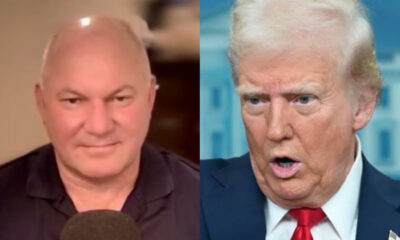
 BIG STORY2 days ago
BIG STORY2 days ago
 BIG STORY21 hours ago
BIG STORY21 hours ago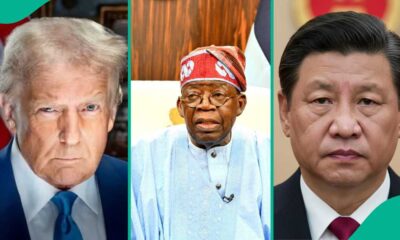
 BIG STORY22 hours ago
BIG STORY22 hours ago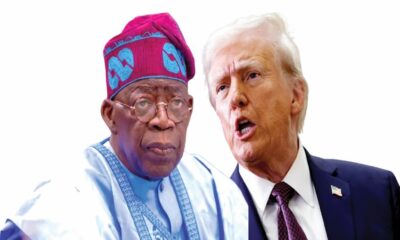
 BIG STORY3 days ago
BIG STORY3 days ago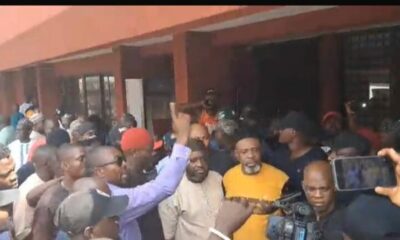
 BIG STORY2 days ago
BIG STORY2 days ago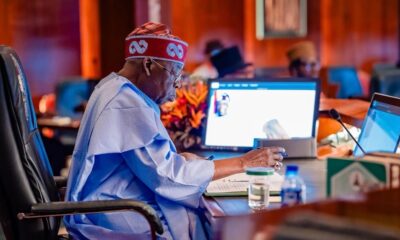
 BIG STORY5 days ago
BIG STORY5 days ago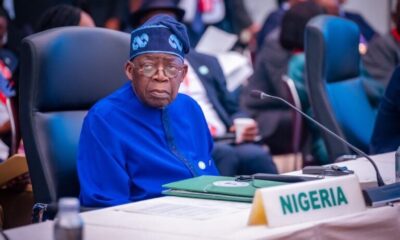
 BIG STORY20 hours ago
BIG STORY20 hours ago




